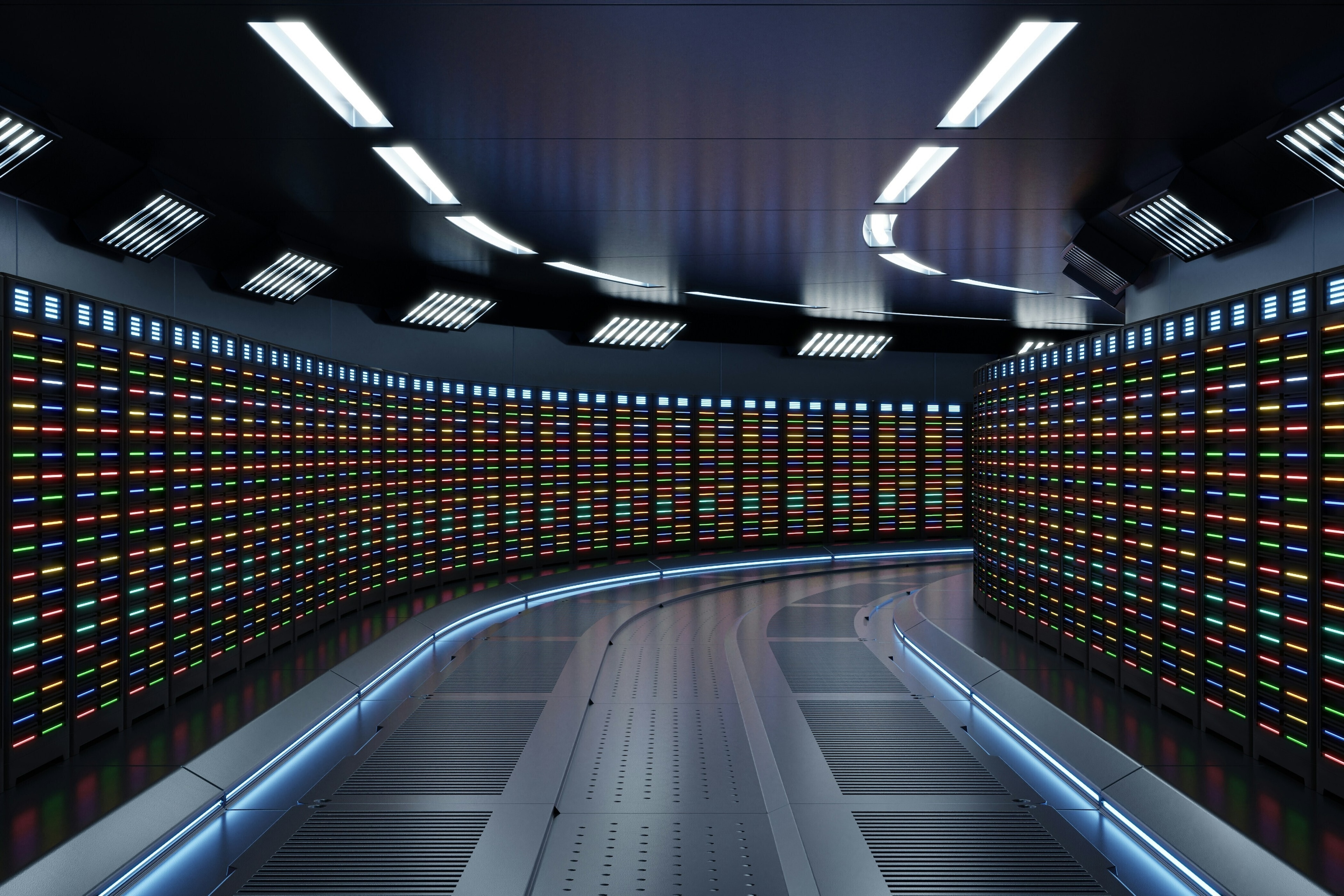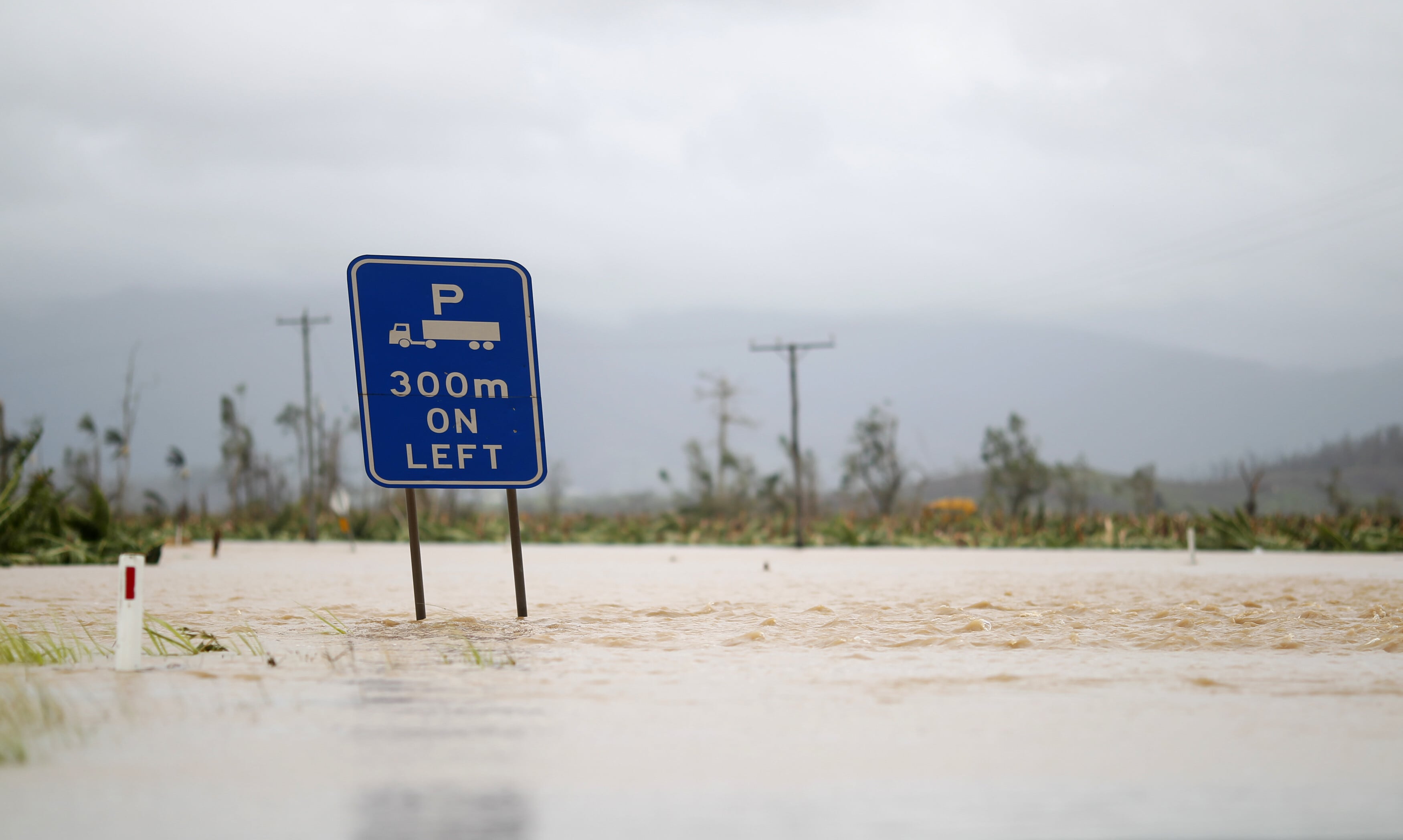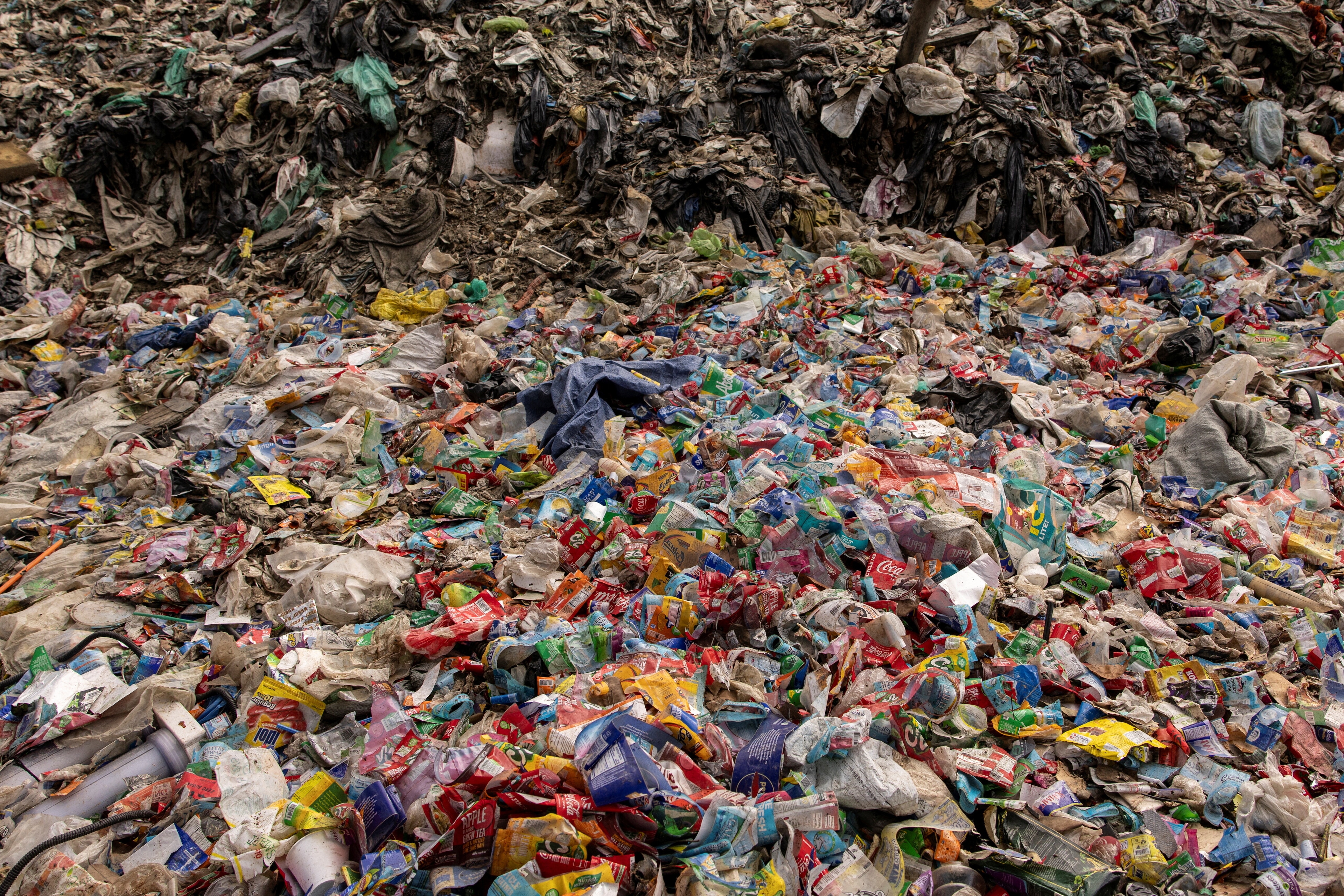Why the business world still needs green champions

'It’s never been more cost effective to invest in sustainability'
Image: REUTERS/Carlos Barria
Stay up to date:
Sustainable Development
New products and services are often created to enable businesses to sustain their success, diversify their investment and protect revenue from volatility. Success stories and failures are easily found, but in the era of climate change, diversifying away from risk cannot rely on products and services alone.
That’s because climate change is more pervasive than traditional risks and affects businesses indiscriminately. If we are to combat climate change, we would be wise to adopt as our mantra one of Newton’s law of physics, that “for every action there is an equal and opposite reaction”.
Without recognition that our actions have an equal and opposite impact on the environment, either for better or worse, we may miss opportunities to readjust our trajectory sufficiently and create the kind of net positive business models needed to achieve the targets set in Paris COP 21.
Businesses are already aware of a need to ensure their operations are sustainable, and not just for financial reasons. Despite a lack of consistent guidelines on reporting, more than 5,600 corporations, 533 cities and 71 states and regions around the world - including the Middle East - now disclose sustainability information, according to statistics from the Global Reporting Initiative’s Sustainability Reporting Standards and Carbon Disclosure Project.
These figures represent clear progress. However, our ability to increase the number of entities reporting on sustainability lies in our ability to dispel a number of myths that prevail despite all evidence to the contrary.
In a softening economy, these achievements have gone some way towards altering the illusion that sustainability is beyond the reach of most businesses. We must do more, if we are to allay fears about whether consumers are able to absorb higher consumer prices passed on to them.
Yet, how and why these myths have prevailed remains unclear. In fact, it’s never been more cost effective to invest in sustainability. The International Renewable Energy Agency reports that the cost of electricity from utility-scale PV (photovoltaic) systems, for example, has been cut in half since 2010. There are plenty more examples of where the cost of investing in renewable energy has plummeted.
The returns in terms of cost savings are also on the rise, with initiatives aimed at switching to compact fluorescent light bulbs reducing consumption by 75%. Recycling a tonne of paper a month can save the equivalent of 4,100 kilowatt hours in energy, 60 pounds of air emissions, and three cubic yards of landfill space.
Utilising unused energy can also help save costs. This is exactly what happens at Mall of the Emirates in Dubai, where surplus energy is used to power Ski Dubai. Aside from energy saving, the indoor ski slope only consumes 15.3 megawatts of energy per year, the equivalent of powering one medium-sized or 120-room hotel over the same period.

Meanwhile, on the consumer front, two thirds of Fortune 500 companies reported higher demand for low carbon products in 2016, according to a CDP report. Consumers, it would seem, are receptive to higher costs for the right reasons. The world continues to be made of people wanting to do the right thing.
Furthermore, a recent Harvard Business Review study revealed a positive correlation between firms that use less energy and water, and create less waste in generating a unit of revenue; and levels of investment returns. Impressively, these companies were also found to have higher capacity for innovation, while pushing core value metrics above that of large global business.
One of the major challenges is that sustainability still remains unclear to a large number of business leaders. A comprehensive survey conducted by the Boston Consulting Group (BCG), MIT Sloan Management Review and the UN Global Compact revealed that only a fifth of the 3,795 executives and managers from 113 countries believe their boards provide substantial oversight on sustainability issues. To ensure that sustainability issues are on the agenda, demystification and raising awareness of sustainability advantages are crucial.
These are some of the trends that we discovered first hand at Majid Al Futtaim. Earlier in 2016, we conducted research which showed that retrofitting solar panels on our properties portfolio, including shopping malls, residential communities and hotels would require a capital outlay of $41.3 million and could deliver returns in 9 years – less, if legislative changes like new incentive schemes were to be introduced by the UAE government.
The decision to invest millions of dollars in solar energy may appear bold, but is founded on a sound commercial footing. We are also very fortunate to operate in an environment where the government has prioritized sustainability and created a conducive environment for innovation.
The Mohammad Bin Rashid Al Maktoum Global Initiatives and sustainability goals enshrined in UAE Vision 2021 will certainly go a long way towards positioning the United Arab Emirates as the energy capital of the new world. That Solar Impulse, the world’s first around-the-world solar flight, started and completed its historic journey in the UAE is another example of the kind of progressive thought that exists within the country, and has proven to be a great enabler.
Our challenge, as businesses, will be working together with government to become champions of sustainability and highlighting the financial viability and commercial benefits of sustainability to all businesses – large multinationals, small and medium-sized enterprises and start-ups.
According to a recent study conducted by McKinsey & Company, longer lifespans and the rising global population are already putting a tremendous strain on the bare necessities of life such as food, water and energy. But the good news is that we have reached a peak in terms of land usage and, because of the increased focus on sustainability, we are now giving agriculture land back to nature. Each year, we are saving land equivalent to the size of the state of Ohio.
For these reasons and many more, we are delighted to be a part of the World Economic Forum, and I look forward to seeing even more organizations across the UAE and wider MENA region embrace sustainable practices, achieve commercial success and prepare people and planet for a brighter future.
Don't miss any update on this topic
Create a free account and access your personalized content collection with our latest publications and analyses.
License and Republishing
World Economic Forum articles may be republished in accordance with the Creative Commons Attribution-NonCommercial-NoDerivatives 4.0 International Public License, and in accordance with our Terms of Use.
The views expressed in this article are those of the author alone and not the World Economic Forum.
Related topics:
Forum Stories newsletter
Bringing you weekly curated insights and analysis on the global issues that matter.
More on Nature and BiodiversitySee all
María Daniela Limongi Izaguirre, Edwin Josue Castellanos and Marisol Argueta de Barillas
September 22, 2025
Michael Donatti and Benoit Bégot
September 19, 2025
Tom Crowfoot
September 18, 2025
Caroline Meech and Sakshee Singh
September 17, 2025
Tania Strauss and Beverley Postma
September 17, 2025
Metolo Foyet
September 16, 2025






